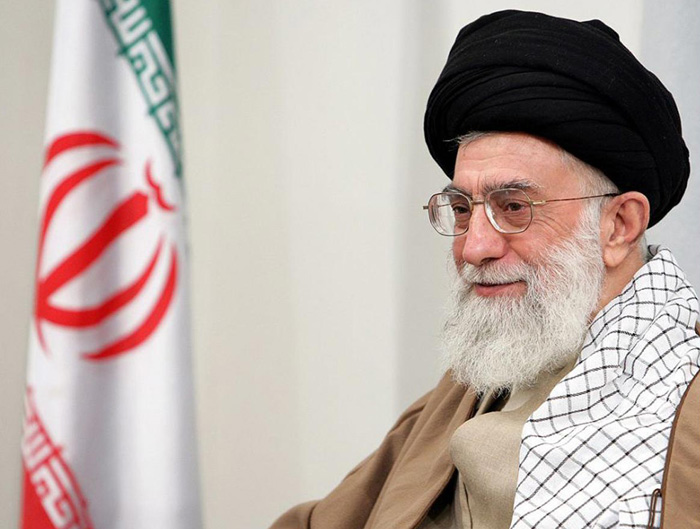Published as ISSSP Reflections, December 11, 2015
available at http://isssp.in/the-iranian-nuclear-fatwa-that-never-was/
available at http://isssp.in/the-iranian-nuclear-fatwa-that-never-was/
 In the past, whenever doubts arose about the intentions of Iran’s nuclear program, the Iranian regime has been quick to point to the Supreme Leader Ayatollah Ali Khomenei’s fatwa (pg. 121) (decree) as a guarantee of Iran’s resolve not to pursue nuclear weapons. Many Iranian leaders like former head of the Iranian judiciary, Ayatollah Amoli Larijani have quoted the Supreme Leader’s fatwa to reiterate any lack of interest in pursuing nuclear weapons. In an interview with Gareth Porter of Foreign Policy, former IRGC minister and head of the Supreme Leaders’ security detail, Mohsen Rafighdoost, stated that the Supreme Leader had described nuclear weapons as haram and proscribed building nuclear or chemical weapons even in face of attacks on Iranian cities with chemical weapons. In fact Iran’s then foreign minister, Ali Akbar Salehi had suggested (pg 40) that Iran could made the fatwa ‘a legally binding official document in the UN.’ However, nothing much came out of it.
In the past, whenever doubts arose about the intentions of Iran’s nuclear program, the Iranian regime has been quick to point to the Supreme Leader Ayatollah Ali Khomenei’s fatwa (pg. 121) (decree) as a guarantee of Iran’s resolve not to pursue nuclear weapons. Many Iranian leaders like former head of the Iranian judiciary, Ayatollah Amoli Larijani have quoted the Supreme Leader’s fatwa to reiterate any lack of interest in pursuing nuclear weapons. In an interview with Gareth Porter of Foreign Policy, former IRGC minister and head of the Supreme Leaders’ security detail, Mohsen Rafighdoost, stated that the Supreme Leader had described nuclear weapons as haram and proscribed building nuclear or chemical weapons even in face of attacks on Iranian cities with chemical weapons. In fact Iran’s then foreign minister, Ali Akbar Salehi had suggested (pg 40) that Iran could made the fatwa ‘a legally binding official document in the UN.’ However, nothing much came out of it.Despite these strident claims from the Iranian side, there have been doubts – much to Iran’s chargin – about the fatwa and the role it will play in reining in the Iranian pursuit of a nuclear weapons program. One of the reasons for these persistent doubts is that the fatwa has never been actually published. In addition, as Ariane Tabatabai writes, “The scope of this prohibition remains unclear, as some of his statements point at a more comprehensive ban, including on the “production, stockpiling, and use” of such weapons, while others merely encompass their “use.”
To read the complete article click here





 I presented a paper on te Evolution of Missile Technologies in India along with Prof Rajaram Nagappa at the Center for International Politics, Organisation and Disarmament, School of International Studies, Jawaharlal Nehru University. This was part of an authors’ conference for an Indian Council for Social Science Research (ICSSR) project titled “Nuclearisation of South Asia: Implications for India’s National Security” on March 27, 2015.
I presented a paper on te Evolution of Missile Technologies in India along with Prof Rajaram Nagappa at the Center for International Politics, Organisation and Disarmament, School of International Studies, Jawaharlal Nehru University. This was part of an authors’ conference for an Indian Council for Social Science Research (ICSSR) project titled “Nuclearisation of South Asia: Implications for India’s National Security” on March 27, 2015.